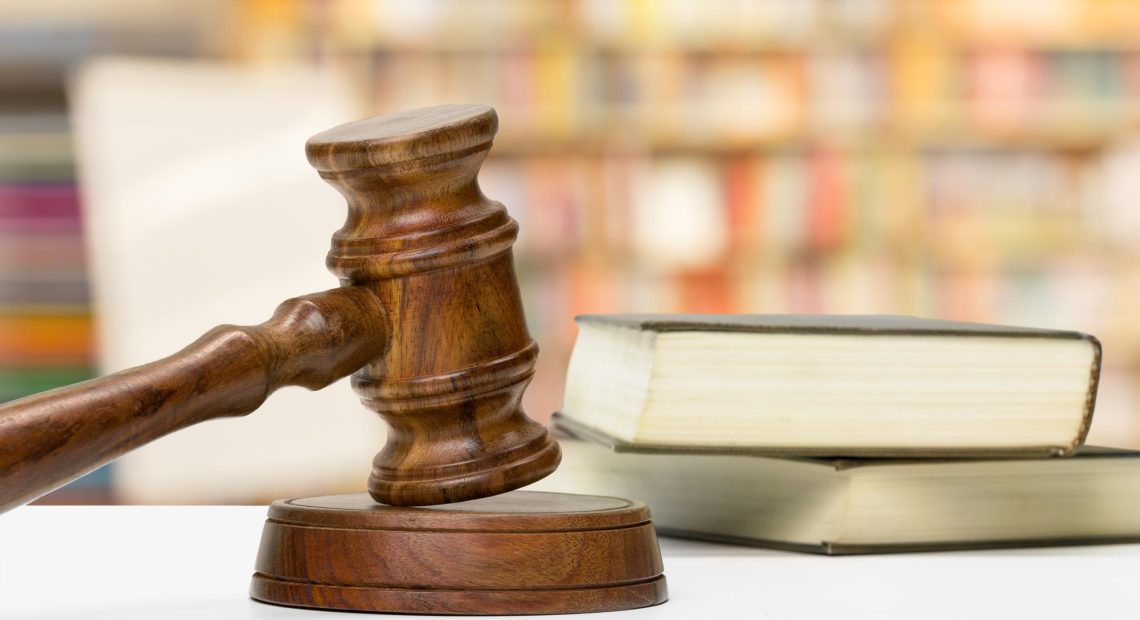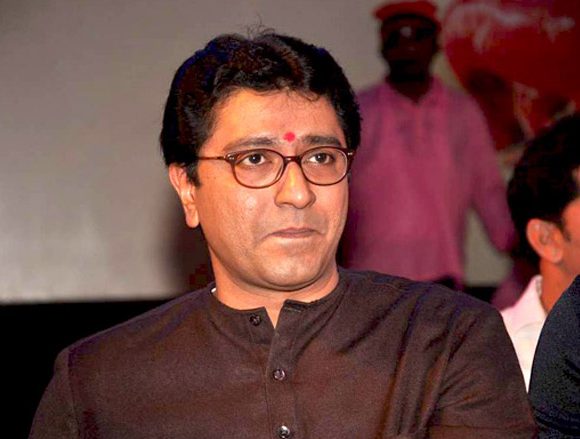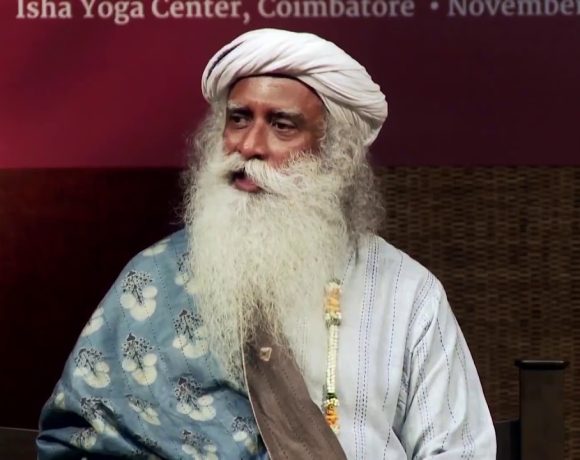
Supreme Court Questions Centre on ‘Waqf by User’ Provision in Amended Waqf Act
The Supreme Court of India is currently hearing multiple petitions challenging the constitutional validity of the Waqf (Amendment) Act, 2025. A significant point of contention is the removal of the ‘Waqf by user’ provision, which previously allowed properties used for religious or charitable purposes over time to be recognized as Waqf, even without formal documentation.
Court’s Concerns
Chief Justice Sanjiv Khanna, leading the bench, expressed apprehension that derecognizing ‘Waqf by user’ could lead to complications, especially for historical religious sites established centuries ago without formal deeds. He emphasized that such a move might invalidate longstanding religious practices and structures, stating, “If you undo it, then it will be a problem.”
The bench also questioned the Centre on the inclusion of non-Muslims in the Central Waqf Council, asking whether a reciprocal arrangement would be acceptable, such as Muslims being part of Hindu endowment boards.
Petitioners’ Arguments
Senior Advocate Kapil Sibal argued that many provisions of the amended law violate Article 26 of the Constitution, which guarantees the freedom to manage religious affairs. He highlighted concerns over the powers granted to government officials, like the Collector, in adjudicating Waqf matters, suggesting it undermines the autonomy of religious institutions.
Another petitioner, Senior Advocate Abhishek Manu Singhvi, pointed out that a significant portion of Waqf properties in India—approximately 4 lakh out of 8 lakh—are recognized based on long-term use. He stressed that removing the ‘Waqf by user’ provision could jeopardize these properties’ status.
Centre’s Position
Solicitor General Tushar Mehta, representing the Centre, defended the amendments, stating that they were enacted after thorough parliamentary debates and reviews by a joint parliamentary committee. He maintained that the changes aim to bring clarity and efficiency to the management of Waqf properties.
Ongoing Proceedings
The Supreme Court has not yet delivered a verdict on the matter. The hearings continue, with the bench seeking detailed explanations on how the amended provisions align with constitutional rights and the historical context of Waqf properties.


















